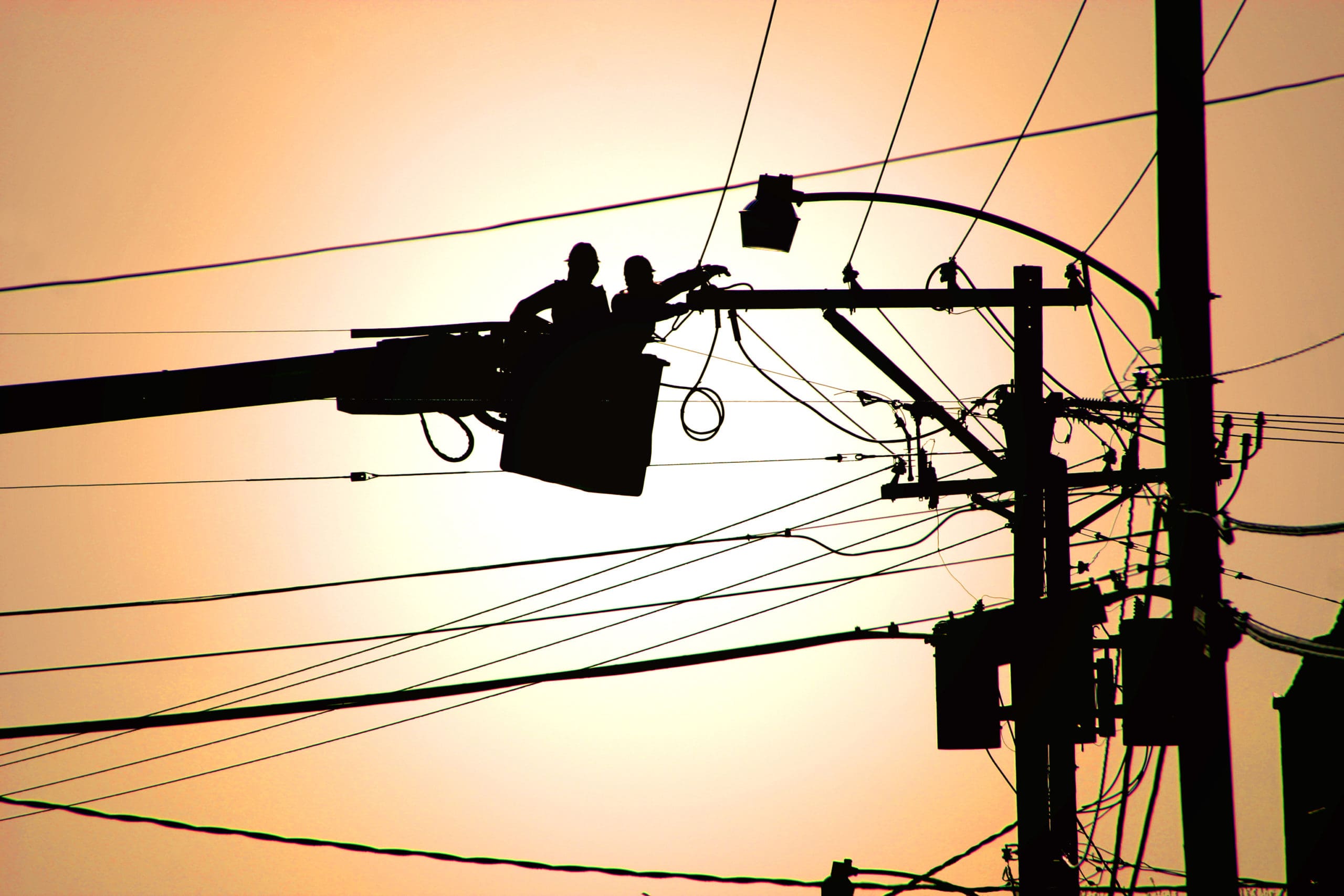
Remember the last time you experienced a power outage? When all household appliances shut down for a few hours, with food spoiling in the fridge, televisions not working, computers not working, and even (electric) stoves unusable?
Imagine such a scenario on its largest scale, in the middle of a nationwide pandemic. Hospitals, essential care centers, pharmacies, grocery stores etc. are all depending on uninterrupted power to be able to provide necessities to the public.
The energy grid is a key part of our infrastructure, so utility companies are more critical than ever. As the coronavirus (COVID-19) continues to spread, the sector is placing all options on the table to come up with an effective plan. They’re working to meet these challenges head-on while keeping their workforce as protected as possible from the fast-spreading contagion.
Internal Precautions
Like many sectors in public works, utility companies are responding to the coronavirus by first ensuring their staff’s safety.
People who can perform their jobs from home are doing so. Personal hygiene standards are higher. Social distancing is now a priority among power plant operators, linemen, and crew members on the ground. Companies are discouraging visitors, or rigorously screening them to stop the virus from infecting staff members. They are readjusting shifts to keep people at safe distances wherever possible. These companies are also making provisions for operators to stay at facilities, in case of emergencies, to ensure continuous service.
Utility Companies Servicing the Public
Utility companies are servicing customers as well as possible in these strained circumstances. They closed many payment boxes to reduce the number of visitors to offices and facilities. Aware that people have lost their jobs in this pandemic, many utility companies are temporarily relaxing payment schedules. They have also promised to maintain uninterrupted power to the best of their abilities.
This pandemic is impacting both commercial and industrial sectors. With non-essential businesses closing down and people staying home, utility companies may face a decrease in demand.
The utilities sector is labeled by the U.S. Department of Homeland Security one of the country’s 16 critical infrastructure sectors. However, they may yet see complications with mutual assistance programs. These facilitate cooperation among sectors in different parts of the U.S. during unexpected events, like natural disasters.
The Edison Electric Institute (EEI) utility trade group has put out a warning that up to 40% of utility employees could be out sick, quarantined, or at home to care for sick family members as the pandemic spreads. And how long this pandemic will continue is still uncertain.
Fortunately for us, utility companies are well-versed in contingency exercises during times of disaster. And right now, they are preparing for all possibilities to make sure that the lights stay on throughout the United States.



